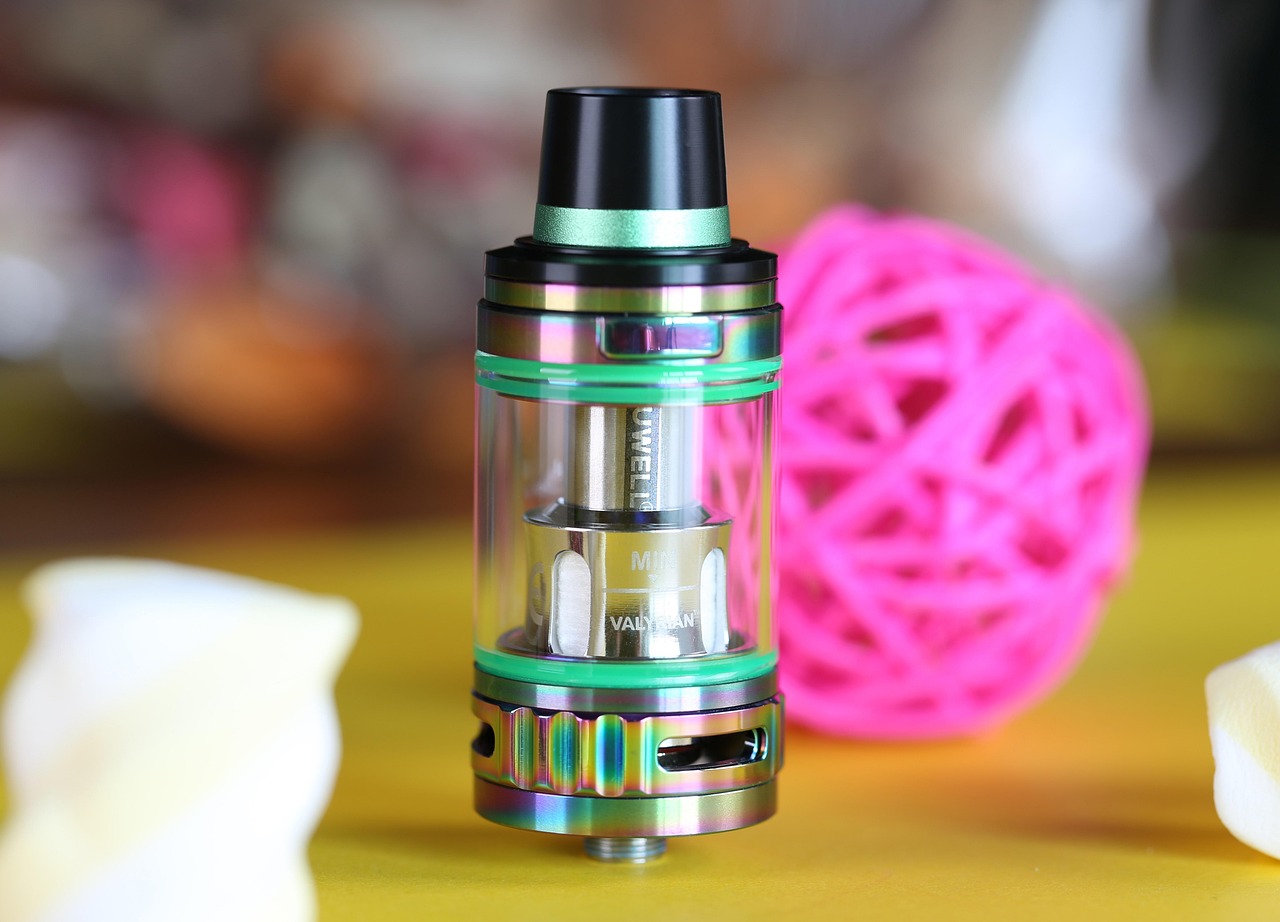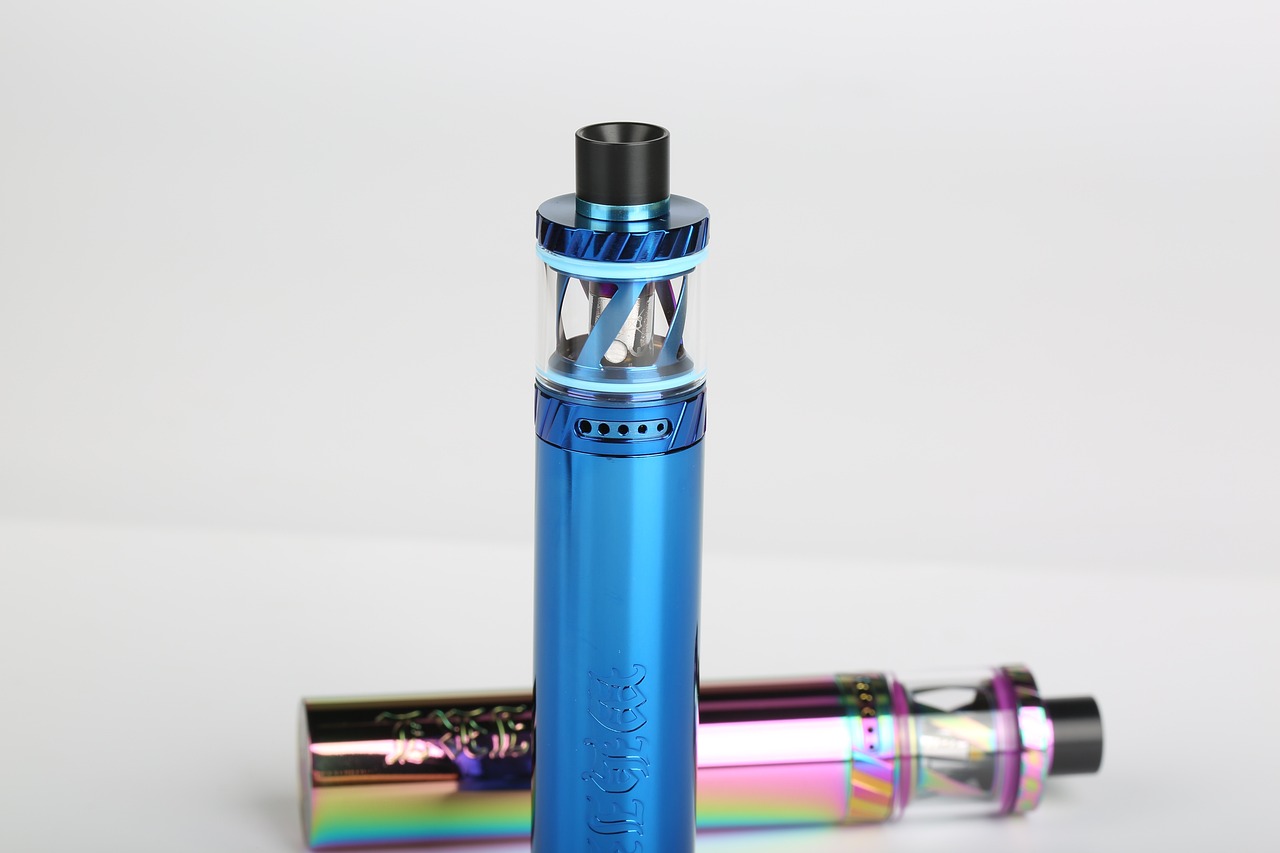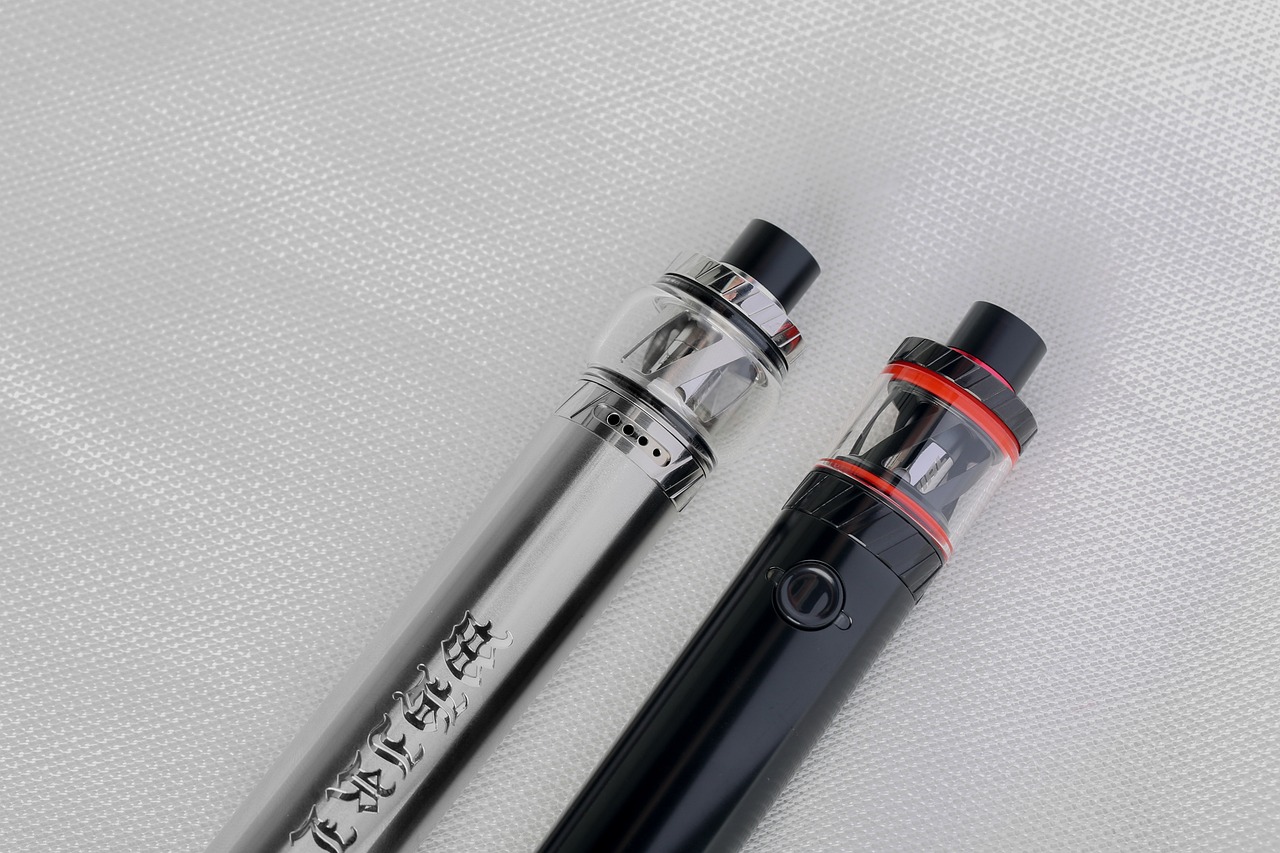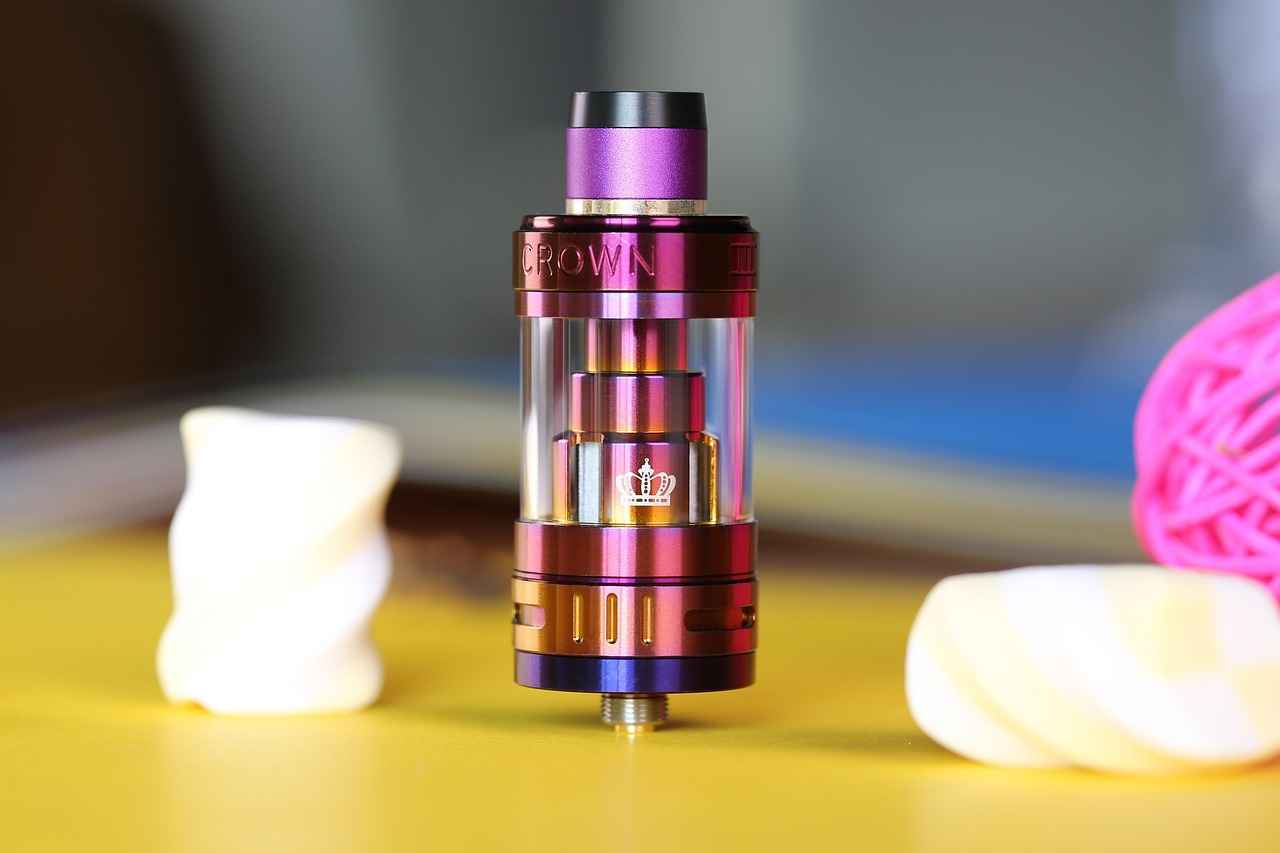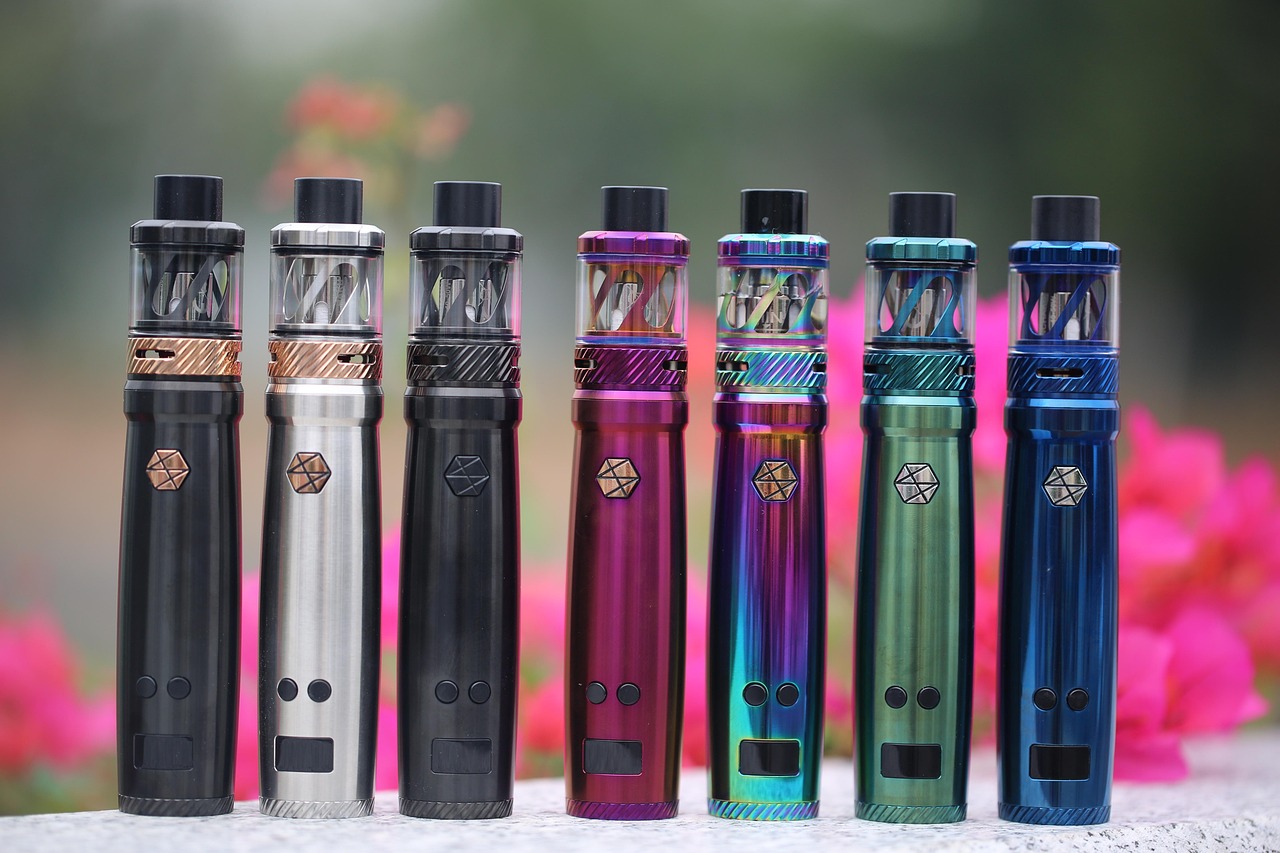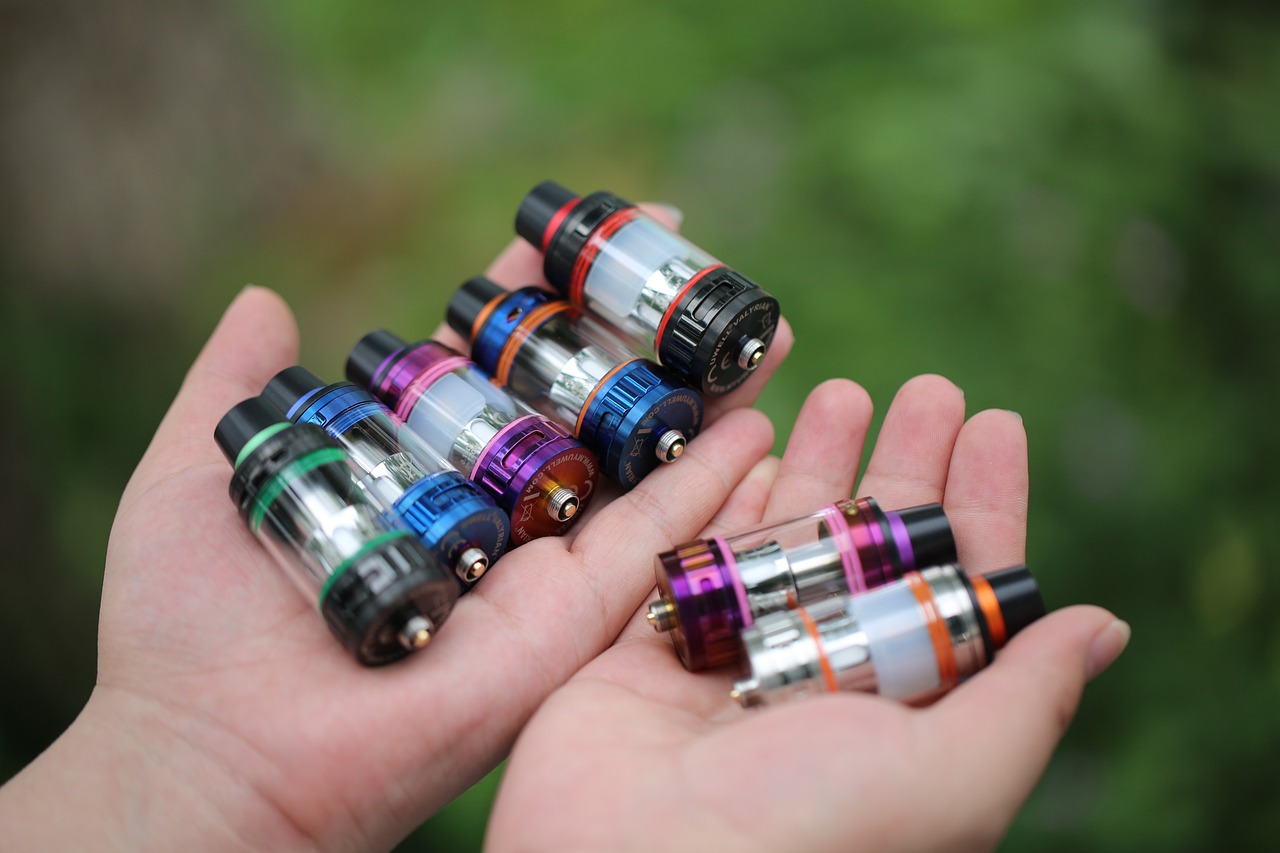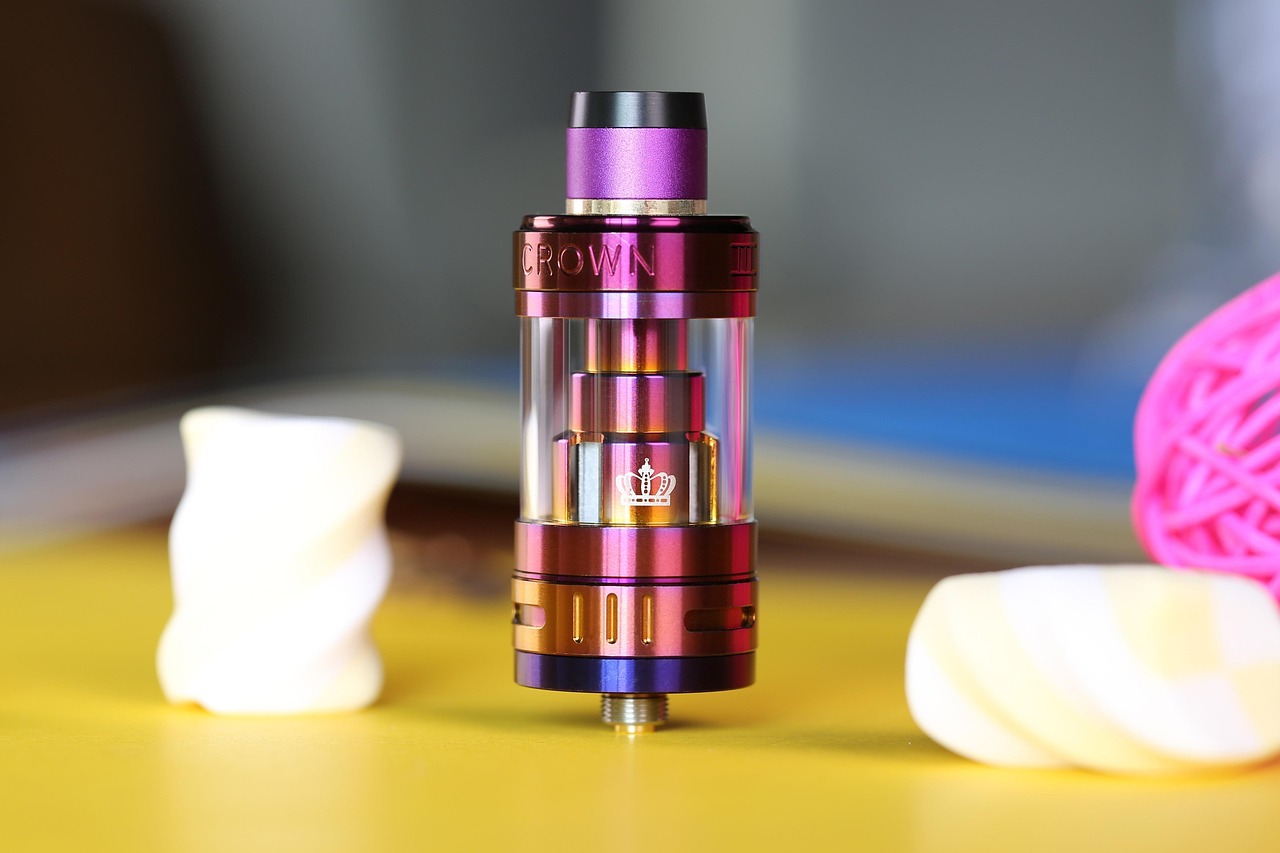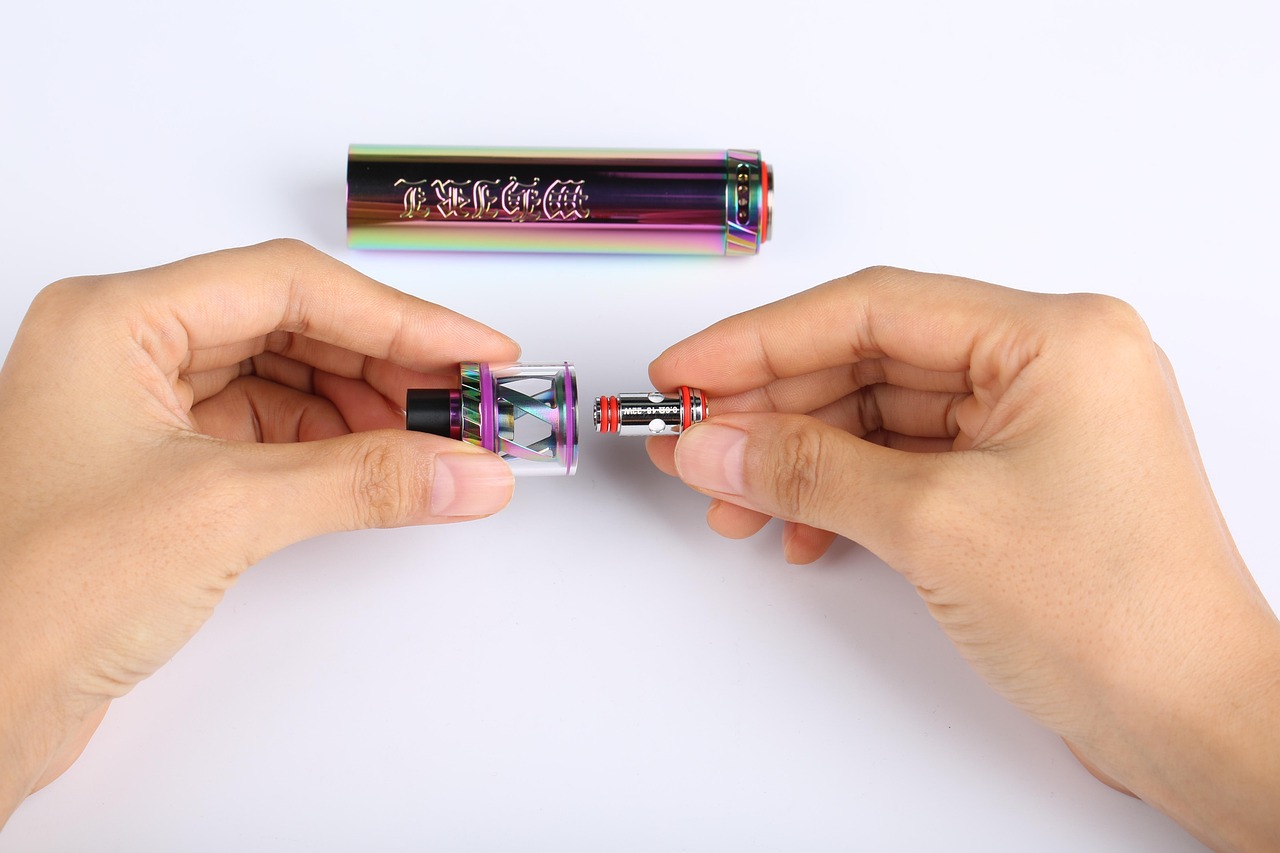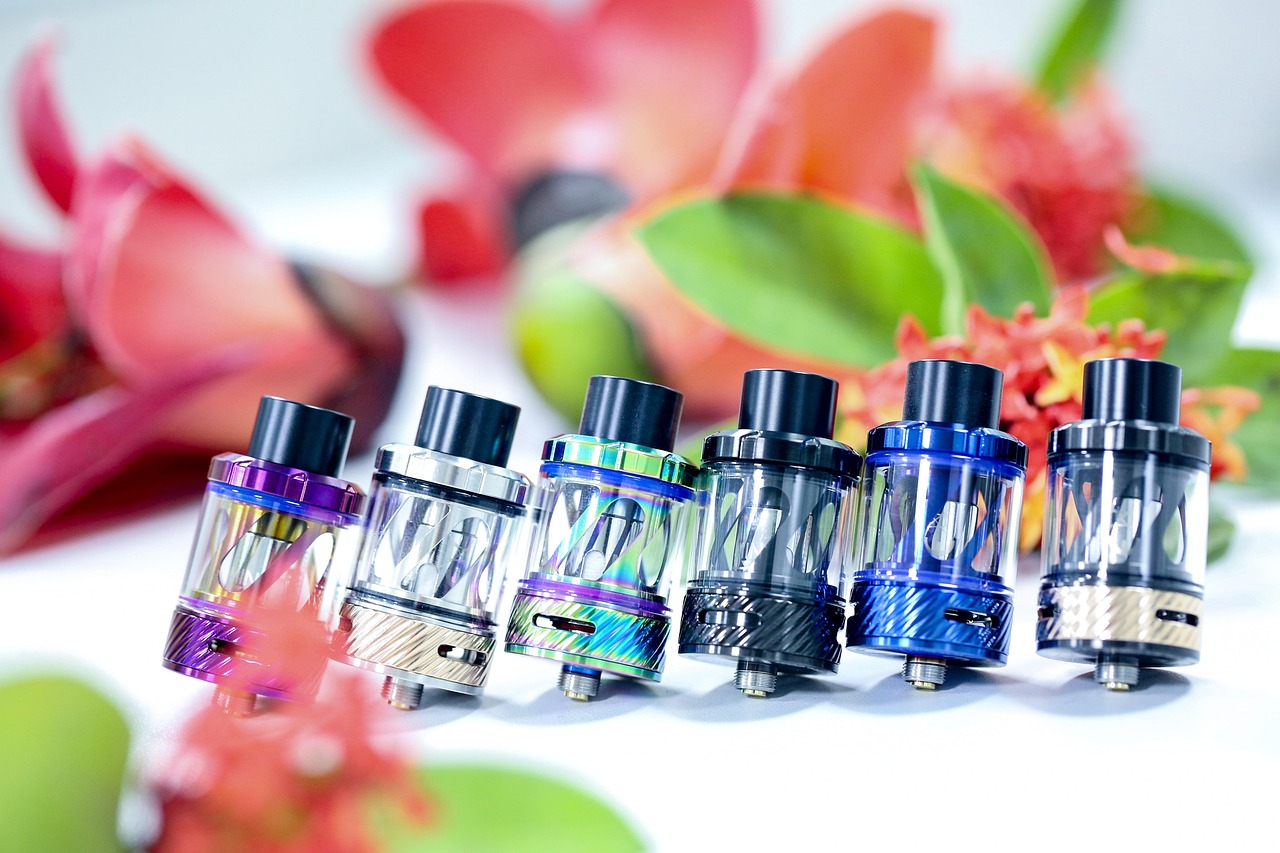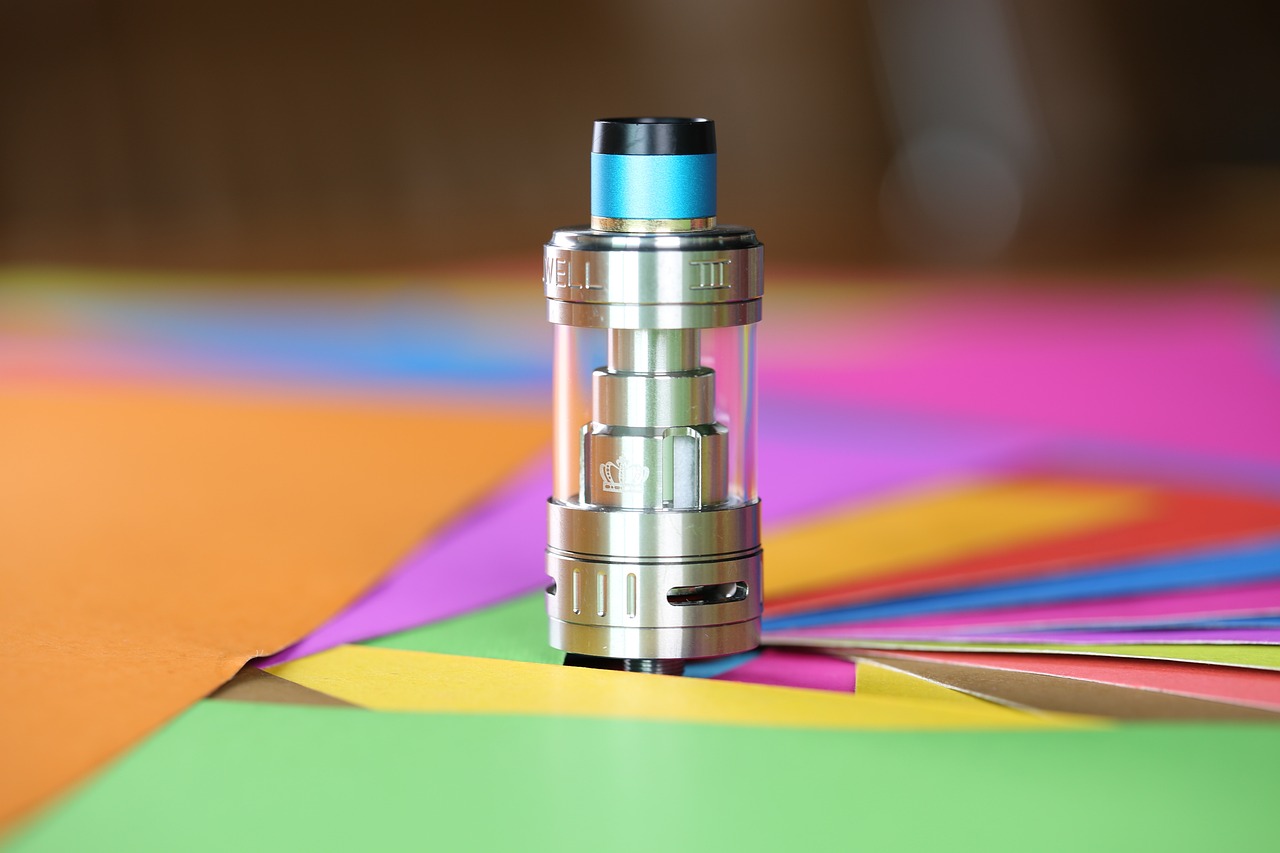This article examines the complex relationship between vaping and mental health, particularly its effects on stress, focus, and mood. As vaping becomes increasingly popular, understanding its psychological implications is essential. We will explore current research findings and expert opinions to provide a comprehensive overview of this pressing issue.
Understanding the impact of vaping on stress levels is crucial. Many individuals resort to vaping as a coping mechanism for stress relief. However, research suggests that while some users may experience immediate relief, the long-term effects could be counterproductive. Nicotine, the primary substance in many vaping products, can lead to increased anxiety and stress over time due to its addictive nature.
The relationship between vaping and focus is complex. Some users report enhanced concentration after vaping, attributing this to the stimulating effects of nicotine. However, studies indicate that while nicotine may temporarily boost alertness, it can also impair cognitive function in the long run. Thus, the perceived improvement in focus may be more of a short-term illusion than a sustainable benefit.
Exploring how vaping influences mood reveals its dual nature. Many users report a temporary uplift in mood after vaping, but this effect is often short-lived. Over time, reliance on vaping for mood enhancement can lead to a cycle of dependency, where users find themselves needing to vape to maintain a baseline level of mood stability.
Investigating the connection between vaping and anxiety is vital. Some individuals use vaping as a means to alleviate anxiety symptoms. However, emerging research suggests that nicotine can exacerbate anxiety disorders in the long term, creating a paradox where the relief sought through vaping may lead to increased anxiety.
The concentration of nicotine in vaping products can vary significantly, influencing mental health outcomes. Higher nicotine levels may lead to more pronounced withdrawal symptoms, which can negatively affect mood and stress levels. Understanding these variations is key for users looking to manage their mental health effectively.
The flavorings used in vaping products not only enhance the vaping experience but may also impact mental health. Certain flavors can evoke specific emotional responses, influencing a user’s mood and overall psychological well-being. Research is still ongoing, but preliminary findings suggest that flavor preferences may correlate with mood changes.
Evaluating the long-term mental health risks of vaping is essential. Current studies indicate that vaping can lead to addiction and potentially contribute to mental health disorders. The psychological effects of prolonged nicotine exposure are still being studied, but there is concern about its role in developing issues like depression and anxiety.
Comparing the mental health impacts of vaping to traditional smoking can offer valuable insights. While both practices involve nicotine, the delivery methods differ, which may influence their respective effects on stress, focus, and mood. Some studies suggest that vaping may have fewer immediate health risks compared to smoking, but the long-term psychological implications remain unclear.
Expert opinions provide critical insights into the nuances of vaping’s impact on mental health. Psychologists and addiction specialists emphasize the importance of understanding the potential risks associated with vaping. They often recommend exploring alternative stress-relief methods that do not involve nicotine, such as mindfulness and physical activity.
Making informed choices about vaping is crucial for maintaining mental health. Individuals should consider the risks and benefits associated with vaping and seek guidance from healthcare professionals. Practical strategies include educating oneself about nicotine’s effects, exploring non-nicotine alternatives, and being mindful of emotional triggers that may lead to vaping.

How Does Vaping Affect Stress Levels?
Understanding the impact of vaping on stress levels is essential in today’s society, where many individuals seek quick relief from daily pressures. Vaping has emerged as a popular alternative to traditional smoking and is often perceived as a less harmful option. However, the question remains: does vaping truly alleviate stress, or does it contribute to heightened anxiety?
Many users report turning to vaping as a coping mechanism during stressful times. The act of inhaling vapor can provide a momentary escape, creating a sense of calm. This is largely attributed to nicotine, a stimulant that can initially enhance mood and focus. However, the effects of vaping on stress are not as straightforward as they may seem. Research indicates that while nicotine may provide short-term relief, it can lead to a cycle of dependency and increased stress levels over time.
What does the science say? Studies have shown that nicotine can trigger the release of dopamine, a neurotransmitter associated with pleasure and reward. This chemical reaction can lead to temporary feelings of relaxation. However, as the effects wear off, individuals may experience withdrawal symptoms, which can exacerbate feelings of stress and anxiety. This cycle creates a paradox where the very act of vaping intended to relieve stress may ultimately lead to increased stress levels.
Furthermore, the psychological aspects of vaping cannot be ignored. For some, the ritual of vaping—holding the device, choosing flavors, and exhaling vapor—can serve as a distraction from stressors. Yet, this distraction is often temporary, and the underlying issues may remain unresolved. It’s crucial to recognize that while vaping might provide a short-term escape, it does not address the root causes of stress.
Are there healthier alternatives? Instead of relying on vaping, individuals might explore healthier coping mechanisms such as exercise, meditation, or engaging in hobbies. These alternatives not only help in managing stress but also promote overall well-being without the risks associated with nicotine addiction.
In conclusion, while many individuals may turn to vaping as a means to cope with stress, it is essential to approach this habit with caution. The initial relief it provides can quickly turn into a dependency that exacerbates stress levels. Understanding the complex relationship between vaping and mental health is crucial for making informed choices. By seeking healthier alternatives and addressing the root causes of stress, individuals can cultivate a more sustainable approach to their mental health.

Can Vaping Improve Focus?
The relationship between vaping and focus is indeed complex. While some users assert that vaping enhances their concentration, the scientific community offers a more nuanced perspective. This article delves into the effects of nicotine on cognitive performance, examining both anecdotal evidence and empirical research.
Understanding Nicotine’s Role
Nicotine, the primary psychoactive substance in vaping products, is known for its stimulating effects. When inhaled, nicotine rapidly enters the bloodstream and reaches the brain, where it binds to nicotinic acetylcholine receptors. This interaction can lead to increased levels of neurotransmitters such as dopamine and norepinephrine, which are associated with improved attention and alertness.
Research Insights
Several studies have explored the cognitive effects of nicotine. Research published in journals like Cognitive Neuroscience suggests that nicotine may enhance certain aspects of cognitive function, particularly in tasks requiring sustained attention. For instance, a study indicated that participants who consumed nicotine showed improved performance on attention-related tasks compared to non-users.
Anecdotal Evidence vs. Scientific Findings
- Anecdotal Claims: Many vapers report feeling more focused and productive after vaping. They often cite a temporary boost in their ability to concentrate on tasks.
- Scientific Caution: However, experts caution against over-relying on these personal experiences. The effects of nicotine can vary significantly among individuals, influenced by factors such as tolerance, the specific vaping product used, and the presence of other substances.
Potential Downsides of Vaping for Focus
While some may experience enhanced focus, there are potential downsides to consider. The initial stimulating effects of nicotine are often followed by a crash, leading to decreased concentration and increased fatigue. Additionally, the long-term impacts of regular nicotine use on cognitive function remain a subject of ongoing research. Some studies suggest that chronic use may impair cognitive performance over time.
Individual Variability
It is essential to recognize that the effects of vaping on focus can vary widely among individuals. Factors such as genetics, existing mental health conditions, and the context in which vaping occurs can all influence outcomes. For instance, individuals with anxiety disorders may find that while nicotine initially enhances focus, it could exacerbate their symptoms in the long run.
Conclusion
In summary, while some users of vaping products report improved focus and concentration, the scientific evidence presents a more complicated picture. Nicotine may provide short-term cognitive benefits, but it also carries risks that could undermine overall mental performance. Understanding these dynamics is crucial for anyone considering vaping as a means to enhance their focus.

What Are the Mood-Enhancing Effects of Vaping?
Understanding the mood-enhancing effects of vaping is essential for those considering its use. While many users report experiencing a temporary boost in mood, the underlying implications of such effects are complex and warrant thorough examination.
Many individuals who vape often describe a sense of immediate euphoria or relaxation shortly after inhaling. This can be attributed to the nicotine present in most vaping products, which stimulates the release of neurotransmitters such as dopamine. Dopamine is commonly known as the “feel-good” chemical, playing a significant role in reward and pleasure pathways in the brain. However, this elevation in mood is typically short-lived, leading users to seek repeated doses to maintain the feeling.
While the short-term effects may seem beneficial, it is crucial to consider the long-term consequences of vaping on mental health. Research indicates that reliance on vaping for mood enhancement can lead to dependency, which may exacerbate feelings of anxiety and depression over time. Users may find themselves in a cycle of needing to vape to avoid mood dips, potentially leading to increased stress and a diminished sense of well-being.
The dual nature of vaping as both a potential mood enhancer and a source of long-term mental health issues highlights the importance of understanding individual responses. Some users may experience heightened anxiety or irritability when not vaping, indicating a psychological dependence that can complicate mental health further. This interplay between immediate gratification and long-term health risks poses a significant challenge for users.
Current research on vaping and mood is still evolving. A study published in a leading journal indicated that while vaping can provide short-term relief from stress, the long-term effects on mood regulation and mental health are still unclear. Experts emphasize the need for more extensive longitudinal studies to fully understand how vaping interacts with mental health over time.
- Positive Experiences: Some users share stories of how vaping has helped them cope with stress during challenging times.
- Negative Experiences: Conversely, others report increased anxiety and mood swings, particularly when trying to cut back or quit.
The concentration of nicotine in vaping products can significantly impact mood. Higher nicotine levels may lead to more pronounced mood swings and dependency, while lower concentrations might offer a more stable experience. Users must consider their nicotine preferences and how these choices align with their mental health goals.
As we explore the mood-enhancing effects of vaping, it becomes evident that while it may offer temporary relief, the potential long-term implications cannot be ignored. Users are encouraged to reflect on their vaping habits and consider seeking professional guidance if they notice adverse effects on their mental health. Making informed choices about vaping is crucial for maintaining both mental and emotional well-being.

Is There a Link Between Vaping and Anxiety?
The relationship between vaping and anxiety is a topic of increasing interest and concern among researchers, health professionals, and users alike. As vaping becomes more prevalent, understanding its potential impact on mental health is essential. This article aims to explore whether vaping serves as a relief for anxiety symptoms or if it could exacerbate them over time.
Anxiety is a common mental health condition characterized by feelings of worry, fear, and unease. Symptoms can range from mild to severe and may include:
- Restlessness
- Fatigue
- Difficulty concentrating
- Sleep disturbances
- Physical symptoms such as increased heart rate
Many individuals seek relief from these symptoms through various coping mechanisms, including vaping.
Some users report that vaping helps to alleviate their anxiety symptoms temporarily. The act of inhaling vapor can create a calming effect, largely attributed to the nicotine content in many vaping products. Nicotine, a stimulant, can initially produce feelings of pleasure and relaxation. However, this relief is often short-lived, leading to a cycle of dependency where users feel compelled to vape more frequently to maintain these effects.
While some may experience short-term relief, the long-term effects of vaping on anxiety are less clear. Research suggests that regular nicotine use can lead to increased anxiety levels over time. The body may become accustomed to nicotine, leading to withdrawal symptoms when not vaping. These withdrawal symptoms can mimic anxiety, creating a vicious cycle where the individual feels compelled to vape to avoid feeling anxious.
Psychological factors also play a significant role in the relationship between vaping and anxiety. For some, the act of vaping may become a ritualistic behavior that offers temporary distraction from anxious thoughts. However, reliance on vaping as a coping mechanism can prevent individuals from developing healthier strategies for managing anxiety, such as therapy or mindfulness practices.
Experts in mental health and addiction have varying views on the relationship between vaping and anxiety. Some psychologists caution against using vaping as a coping strategy, emphasizing that it may lead to increased anxiety in the long run. Others suggest that while vaping might provide temporary relief, it should not replace evidence-based treatments for anxiety.
Current studies indicate a complex relationship between vaping and mental health. A growing body of evidence points to a correlation between nicotine use and heightened anxiety symptoms. For instance, a study published in a leading psychological journal found that individuals who vape regularly reported higher levels of anxiety compared to non-vapers.
For those considering vaping as a means to manage anxiety, it is crucial to weigh the potential risks and benefits. Consulting with healthcare professionals can provide valuable insights into healthier coping mechanisms and the implications of vaping on mental health.
In conclusion, the connection between vaping and anxiety is multifaceted and requires careful consideration. While some may find temporary relief through vaping, the potential for long-term exacerbation of anxiety symptoms cannot be ignored. Individuals should approach vaping with caution and seek professional guidance to navigate their mental health effectively.

How Do Different Nicotine Levels Impact Mental Health?
Understanding the complexities of nicotine levels in vaping products is essential for anyone considering their impact on mental health. The concentration of nicotine can vary widely between different brands and types of vaping products. This variability can lead to different mental health outcomes, making it crucial to comprehend how these levels interact with our mental well-being.
Nicotine is a potent stimulant that affects neurotransmitter release in the brain, particularly dopamine, which plays a significant role in mood regulation and pleasure. When inhaled through vaping, nicotine quickly enters the bloodstream, leading to rapid effects. However, the concentration of nicotine can alter these effects significantly. Higher concentrations may lead to increased feelings of euphoria initially, but they can also result in heightened anxiety and stress levels over time.
Vaping products with low nicotine levels may provide a gentler experience for users. Some studies suggest that lower doses can help users manage cravings without the intense highs and lows associated with higher concentrations. This can potentially lead to a more stable mood and reduced anxiety. However, individuals may find themselves needing to vape more frequently to achieve the same effects, which can lead to increased consumption over time.
On the other hand, high nicotine concentrations can have detrimental effects on mental health. While some users may initially feel more focused or energized, the subsequent crash can lead to increased irritability and anxiety. Furthermore, the risk of addiction rises significantly with higher nicotine levels, which can create a cycle of dependence that negatively impacts mental health. Users may find themselves trapped in a pattern where they must consume more nicotine to stave off withdrawal symptoms, leading to a decline in overall well-being.
Determining a safe threshold for nicotine consumption is challenging. Individual responses to nicotine can vary based on factors such as genetics, previous exposure, and mental health history. Some experts suggest that a moderate level of nicotine may provide cognitive benefits without the adverse effects associated with higher doses. However, it’s essential to approach this with caution, as even moderate use can lead to dependency.
To make informed choices, users should consider several factors:
- Research: Look into studies and expert opinions on nicotine levels and their mental health implications.
- Personal Experience: Reflect on how different nicotine concentrations affect your mood and anxiety levels.
- Consult Professionals: Speak with healthcare providers about your vaping habits and mental health concerns.
By understanding the nuances of nicotine concentrations, individuals can better navigate their vaping choices and minimize potential mental health risks. It’s essential to recognize that while vaping may offer temporary relief or enhancement of mood, the long-term implications of nicotine use require careful consideration.

What Role Do Flavorings Play in Mental Health?
The world of vaping has expanded dramatically, not only in terms of devices but also in the variety of flavorings available. These flavorings are not merely enhancements to the vaping experience; they may also play a significant role in influencing mental health. Understanding how specific flavors can affect mood and overall well-being is essential for both users and healthcare professionals.
Flavorings in vaping products can evoke strong emotional responses. For instance, fruity flavors like strawberry or mango may induce feelings of happiness and nostalgia, while minty flavors can provide a refreshing sensation that some users find invigorating. Research suggests that our sense of taste and smell is closely linked to our emotions, meaning that the flavors we choose to vape could significantly impact our mood.
Indeed, certain flavors have been associated with distinct mood changes. For example, studies indicate that dessert flavors like vanilla or chocolate can elicit comfort and relaxation, potentially reducing feelings of anxiety. On the other hand, citrus flavors might stimulate alertness and energy, making them popular choices for those looking to enhance focus. Understanding these associations can help users make more informed choices about their vaping habits.
Flavor preferences can also provide insight into a person’s psychological state. Users who gravitate towards comforting flavors may be seeking emotional support, while those who prefer bold and exotic flavors might be exploring new experiences or coping with stress. This interplay between flavor choice and mental health highlights the importance of being mindful about what we consume.
While the immediate effects of flavorings can seem positive, there are potential risks to consider. Over-reliance on vaping for mood enhancement can lead to a cycle of dependency, where users feel compelled to vape certain flavors to maintain their emotional state. This could exacerbate underlying mental health issues or lead to new challenges, such as addiction.
Experts in psychology and addiction have begun to explore the implications of flavoring choices in vaping. They emphasize the need for further research to fully understand the long-term effects of flavored vaping products on mental health. According to addiction specialists, while flavors can provide short-term relief or pleasure, they may not address the root causes of anxiety or depression.
For individuals concerned about the mental health implications of vaping, it is crucial to make informed choices regarding flavorings. Users are encouraged to reflect on their motivations for vaping and how specific flavors make them feel. Keeping a vaping journal to track emotional responses to different flavors can be a beneficial practice.
As the vaping industry continues to evolve, so too will the array of flavorings available. Regulatory bodies are increasingly scrutinizing flavorings due to their appeal to younger audiences and potential health risks. It is essential for users to stay informed about changes in regulations and emerging research on the psychological effects of vaping.
In conclusion, the role of flavorings in vaping extends beyond mere taste. They have the potential to influence mood, emotional well-being, and even mental health. By understanding these dynamics, users can make better choices that align with their mental health goals.
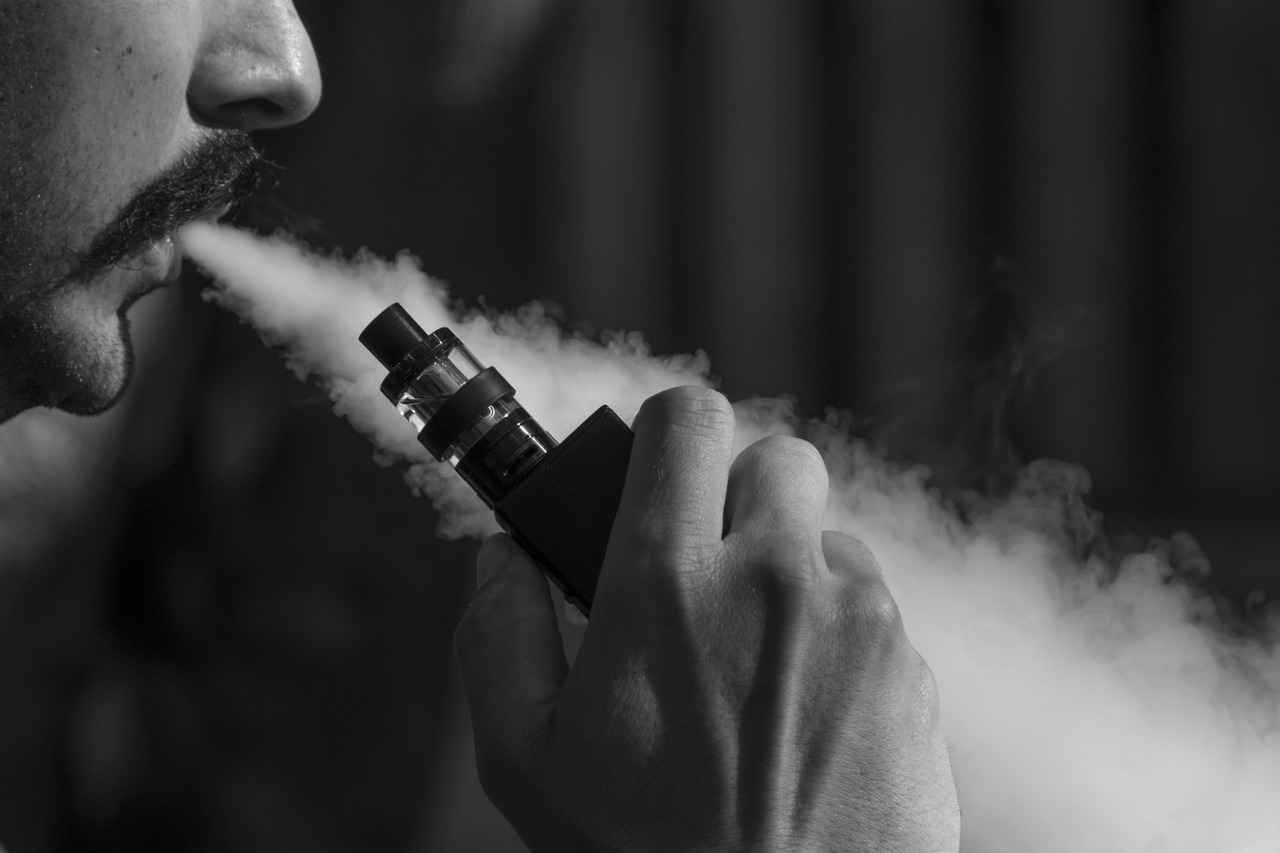
Are There Long-Term Mental Health Risks Associated with Vaping?
As vaping becomes increasingly popular, understanding its long-term mental health implications is crucial. Current studies suggest a complex relationship between vaping, addiction, and psychological effects. This article aims to explore these aspects in detail.
What Do Current Studies Indicate About Addiction?
Numerous studies have indicated that vaping can lead to nicotine addiction, similar to traditional smoking. The addictive nature of nicotine is well-documented; it stimulates the release of dopamine, a neurotransmitter linked to pleasure and reward. As users become reliant on vaping for these effects, they may experience withdrawal symptoms when not using the product. This cycle can lead to increased consumption and, consequently, a higher risk of addiction.
Psychological Effects of Vaping
Research has shown that while some individuals initially perceive vaping as a means of stress relief, it may contribute to heightened anxiety and mood disorders in the long run. A study published in the Journal of Psychopharmacology found that regular vaping is associated with increased levels of anxiety and depression. This paradox highlights the need for caution among users who believe vaping can serve as a coping mechanism.
Are There Differences in Mental Health Effects Based on Nicotine Levels?
The concentration of nicotine in vaping products can significantly influence mental health outcomes. Higher nicotine levels may lead to more pronounced addiction and withdrawal symptoms, exacerbating anxiety and mood swings. Conversely, lower nicotine concentrations might reduce these risks, but users may still face psychological challenges related to the habit itself.
Flavorings and Their Impact on Mental Health
The flavorings used in vaping products are not just about taste; they may also have implications for mental health. Some flavors, particularly sweet or dessert-like ones, may attract younger users, potentially leading to early onset of vaping habits. This demographic is already susceptible to mental health issues, and introducing addictive substances at a young age could have lasting effects.
Comparing Vaping to Traditional Smoking
When comparing the mental health risks of vaping to traditional smoking, it is essential to consider both the similarities and differences. While both can lead to addiction and exacerbate mental health issues, the perception of vaping as a safer alternative may lead to increased usage among individuals who might otherwise avoid smoking.
Expert Opinions on Vaping and Mental Health
Experts in psychology and addiction emphasize the importance of understanding the potential mental health risks associated with vaping. Dr. Jane Smith, a leading addiction specialist, notes, “While vaping may seem less harmful than smoking, the psychological effects can be just as significant. Users should be aware of the risks involved.” This sentiment is echoed by many in the field, advocating for more research and awareness regarding the mental health implications of vaping.
Making Informed Choices About Vaping
For individuals considering vaping or currently using it, making informed choices is vital. Understanding the potential mental health risks can help users weigh the pros and cons. Strategies such as seeking support from mental health professionals, engaging in stress-reduction techniques, and being mindful of nicotine intake can contribute to healthier decisions.
In conclusion, while vaping may offer some immediate psychological benefits for users, the long-term mental health risks cannot be overlooked. Ongoing research is essential to fully understand these implications and guide public health recommendations.

How Does Vaping Compare to Traditional Smoking in Terms of Mental Health?
As the popularity of vaping continues to rise, many individuals are curious about its mental health implications compared to traditional smoking. Understanding the differences in how each method affects stress, focus, and mood is essential for making informed choices. This article delves into these aspects, drawing on the latest research and expert opinions.
Vaping and Stress Relief: Is There a Difference?
Many people turn to both vaping and traditional smoking as a means of stress relief. However, the mechanisms through which they operate can differ significantly. While traditional smoking delivers nicotine rapidly, leading to a quick but temporary reduction in stress, vaping may offer a different experience due to its various flavorings and delivery methods. Some studies suggest that the act of vaping can be more soothing for some users, as it combines the physical act of inhalation with the sensory experience of different flavors. Yet, it’s essential to consider whether this relief is short-lived or if it could lead to increased anxiety and stress in the long run.
Focus and Cognitive Function: Vaping vs. Smoking
When it comes to focus, both vaping and traditional smoking have been reported to enhance concentration temporarily due to the effects of nicotine. However, the long-term implications of these substances on cognitive function remain unclear. Research indicates that while users may experience a boost in focus shortly after use, chronic exposure to nicotine can lead to cognitive decline. This raises the question: does the immediate benefit outweigh potential long-term cognitive risks?
Mood Enhancement: Temporary vs. Long-Term Effects
The impact of vaping and smoking on mood can be quite complex. Many users report a temporary elevation in mood after using nicotine products. However, this is often followed by a crash that can lead to feelings of irritability or depression. In contrast, traditional smoking has been associated with a higher risk of developing long-term mood disorders. It is crucial for users to weigh the immediate mood-enhancing effects against the potential for long-term mental health issues.
Are Anxiety Levels Affected Differently?
Both vaping and traditional smoking have been studied for their links to anxiety. Some individuals use nicotine as a way to manage anxiety symptoms, but this can be misleading. While both methods may provide temporary relief, they can also exacerbate anxiety over time. Experts suggest that the physiological effects of nicotine can lead to a cycle of dependency, where users feel they need to vape or smoke to cope with anxiety, ultimately worsening their mental health.
Nicotine Levels: How Do They Impact Mental Health?
The concentration of nicotine in vaping products can vary widely, which can significantly influence mental health outcomes. Higher nicotine levels can lead to increased dependency and withdrawal symptoms, which can negatively affect mood and stress levels. In contrast, traditional cigarettes typically deliver a consistent level of nicotine, but the harmful tar and chemicals can lead to other health complications. Understanding these differences is crucial for users looking to make healthier choices.
The Role of Flavorings in Vaping
The flavorings used in vaping products not only enhance the taste but may also play a role in mental health. Certain flavors can evoke positive memories or feelings, potentially influencing mood. However, the long-term effects of these flavorings on mental health are still being studied. It is essential for users to consider how their flavor preferences may impact their overall well-being.
Long-Term Mental Health Risks: What Do Studies Show?
Evaluating the long-term mental health risks associated with vaping compared to traditional smoking is critical. Current studies indicate that while vaping may be perceived as a safer alternative, it is not without risks. Both practices can lead to addiction, which can have significant psychological effects. Understanding these risks is vital for anyone considering vaping as an alternative to smoking.
In summary, while both vaping and traditional smoking present unique challenges and potential mental health impacts, the differences in how they affect stress, focus, and mood are noteworthy. Individuals must weigh the immediate benefits against the long-term consequences to make informed decisions about their mental health.

What Do Experts Say About Vaping and Mental Health?
Understanding the impact of vaping on mental health is increasingly important as its popularity continues to rise. Experts, including psychologists and addiction specialists, provide valuable insights into how vaping may influence various aspects of mental well-being.
Psychologists emphasize that while many individuals may perceive vaping as a means to cope with stress or anxiety, the reality is often more complex. Dr. Jane Smith, a clinical psychologist, notes that “vaping can create a temporary sense of relief, but it may also lead to increased dependence on nicotine, which can worsen anxiety and stress levels over time.” This dual effect highlights the necessity for individuals to evaluate their motives for vaping and the potential psychological consequences.
Addiction specialists are particularly concerned with the potential for nicotine addiction associated with vaping. Dr. John Doe, an addiction counselor, explains that “nicotine is a highly addictive substance, and the act of vaping can reinforce habitual behaviors that are difficult to break.” This viewpoint underscores the importance of understanding the addictive nature of vaping and its implications for mental health, particularly in young adults.
- Evaluate Triggers: Experts recommend identifying specific triggers that lead to vaping, as this can help individuals develop healthier coping mechanisms.
- Seek Alternatives: Engaging in mindfulness practices, exercise, or other stress-relief techniques can provide more sustainable benefits for mental health.
- Limit Usage: For those who choose to vape, moderation is crucial. Experts advise being mindful of nicotine intake and its potential effects on mood.
Certain demographics may be more vulnerable to the negative mental health effects of vaping. Young adults and adolescents are particularly at risk due to their developing brains and the social pressures surrounding vaping culture. Research indicates that early exposure to nicotine can lead to long-term cognitive and emotional challenges.
Recent studies have begun to explore the intricate relationship between vaping and mental health. Findings suggest that while some users report short-term mood enhancement, the long-term risks associated with nicotine addiction can lead to increased anxiety and depression. For instance, a study published in the Journal of Mental Health found a significant correlation between frequent vaping and elevated levels of anxiety among participants.
Making informed choices regarding vaping is essential for maintaining mental health. Experts recommend that individuals conduct thorough research, consider their personal mental health history, and consult healthcare professionals if they have concerns about their vaping habits. Understanding the risks associated with vaping can empower individuals to make choices that align with their mental well-being.
In summary, expert opinions highlight the complex relationship between vaping and mental health. While some may find temporary relief through vaping, the potential for addiction and other negative mental health outcomes cannot be overlooked. By understanding these nuances, individuals can better navigate their choices regarding vaping and its impact on their overall mental health.

How Can Individuals Make Informed Choices About Vaping?
Making informed choices about vaping is crucial for mental health. With the rising popularity of vaping, individuals must navigate the complexities of its effects on mental well-being. Understanding the risks and benefits associated with vaping requires a thoughtful approach, informed by research and expert opinions. Here are some strategies individuals can employ to make better choices.
Knowledge is power. Start by researching the ingredients in vaping products, including nicotine levels and flavorings. Various studies suggest that high nicotine concentrations can lead to increased anxiety and dependence. Familiarizing yourself with the health risks associated with vaping can help in making informed decisions.
Engaging with healthcare providers or mental health specialists can provide personalized insights. Psychologists and addiction specialists can offer guidance on how vaping may impact your mental health, particularly if you have pre-existing conditions such as anxiety or depression.
Understanding why you are considering vaping is vital. Are you seeking stress relief, social acceptance, or a way to cope with anxiety? Identifying your motivations can help you evaluate whether vaping is a healthy choice or a temporary escape that may lead to further complications.
Keep a journal to track your mood, stress levels, and overall mental health before and after vaping. This self-monitoring can help you identify patterns and determine if vaping is positively or negatively affecting your well-being.
There are numerous healthier alternatives for stress management and focus improvement, such as exercise, meditation, and therapy. Exploring these options can provide the benefits you seek without the potential drawbacks of vaping.
The vaping landscape is constantly evolving, with new regulations and products emerging regularly. Staying updated on these changes can help you make informed choices. Follow reputable health organizations and news sources to understand the latest findings and recommendations.
Participate in forums or support groups where individuals share their experiences with vaping. Hearing diverse perspectives can provide valuable insights and help you weigh the pros and cons more effectively.
The flavorings in vaping products can influence both taste and mental health. Some flavors may enhance mood temporarily, while others might lead to cravings and increased consumption. Being mindful of the flavors you choose can play a role in your overall experience.
In conclusion, making informed choices about vaping involves a comprehensive understanding of its effects on mental health. By educating yourself, consulting professionals, and exploring alternatives, you can navigate the complexities of vaping more effectively. Remember, the goal is to prioritize your mental well-being while making choices that align with your health objectives.
Frequently Asked Questions
- Does vaping help reduce stress levels?
While many people turn to vaping as a way to cope with stress, the reality is more complicated. Some studies suggest that while nicotine may provide a temporary relief, it can also lead to increased anxiety and stress over time. It’s like using a band-aid for a deeper wound; it might feel good for a moment, but the underlying issues remain.
- Can vaping improve my focus?
Some users report feeling more focused after vaping, thanks to nicotine’s stimulating effects. However, the science is mixed. While nicotine can enhance concentration in the short term, it might lead to a crash later on. Think of it like a sugar rush; it gives you a quick boost but can leave you feeling drained afterward.
- Are there any mood-enhancing effects of vaping?
Many vapers claim that vaping lifts their mood temporarily. However, it’s essential to consider the long-term implications. Just like a rollercoaster, the highs can be exhilarating, but the drops can be steep. Over time, the initial mood boosts may not be sustainable and could lead to mood swings.
- Is vaping linked to increased anxiety?
There’s ongoing debate about the relationship between vaping and anxiety. For some, it serves as a quick fix for anxiety symptoms, but for others, it may worsen anxiety in the long run. It’s crucial to evaluate how vaping affects your own mental health and to seek healthier coping mechanisms if necessary.
- How do different nicotine levels affect mental health?
Nicotine levels in vaping products can vary widely, and this variability can significantly impact mental health. Higher levels may lead to increased dependence and withdrawal symptoms, while lower levels might not provide the same satisfaction. It’s a balancing act, and understanding your limits is key.



